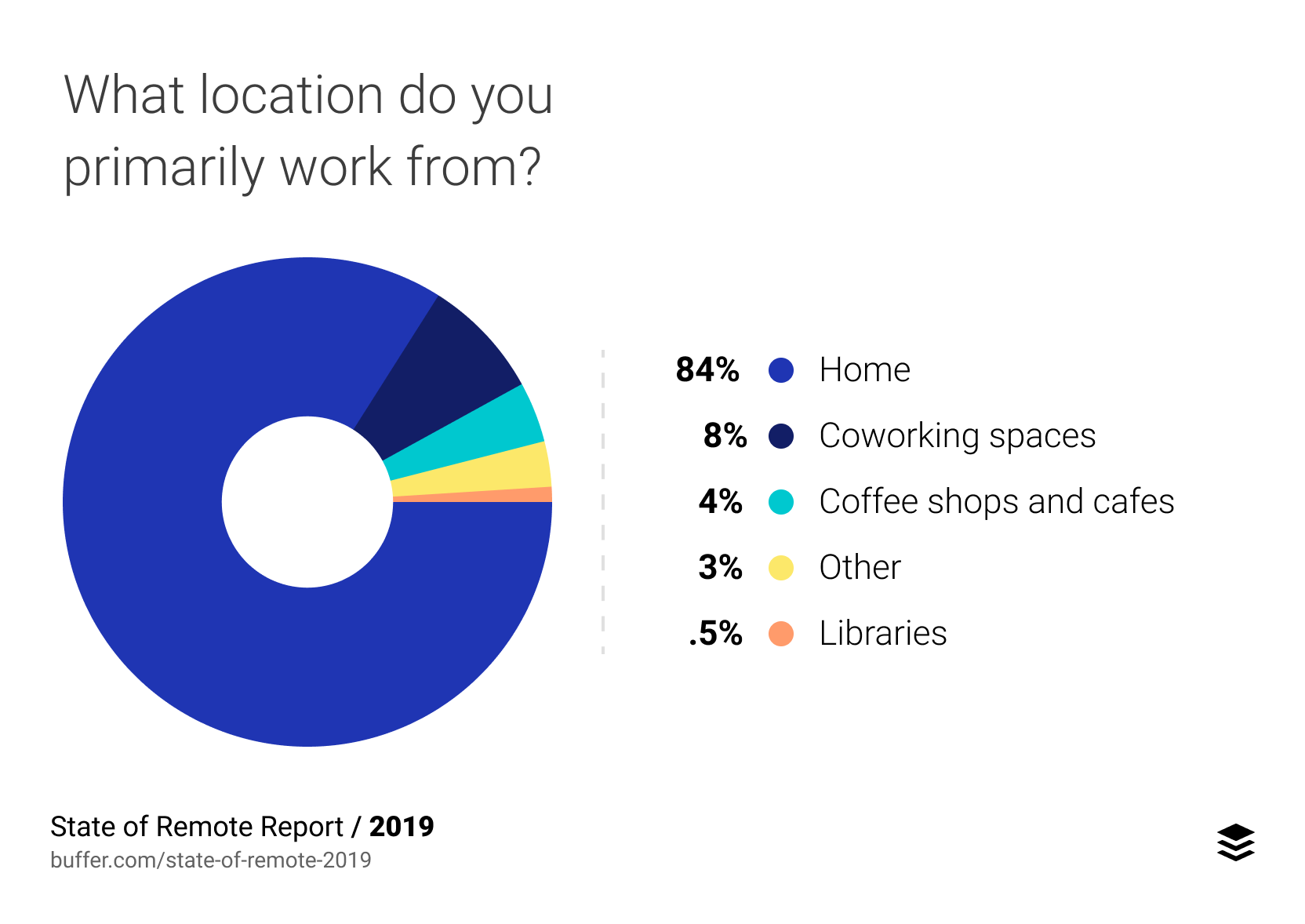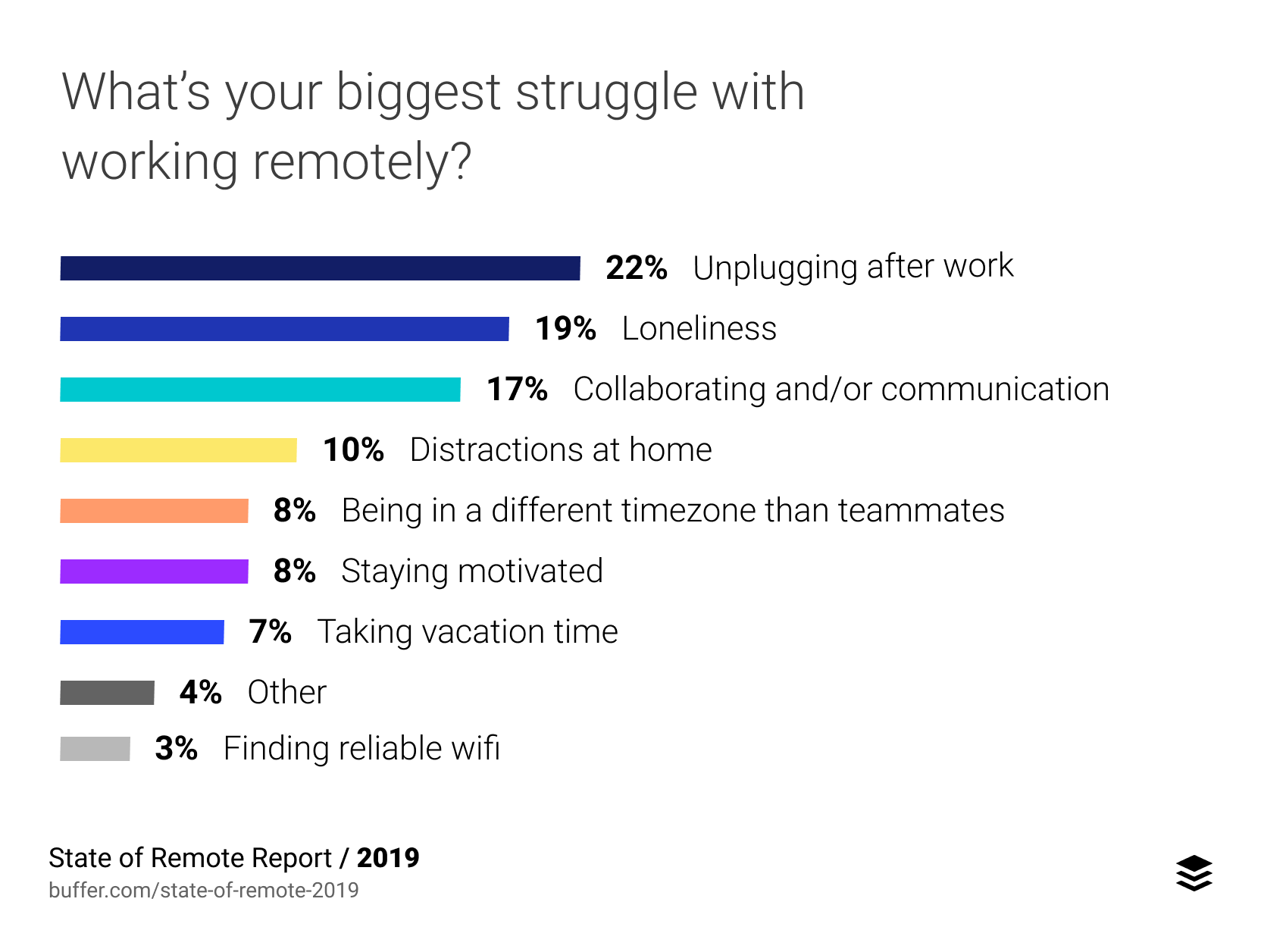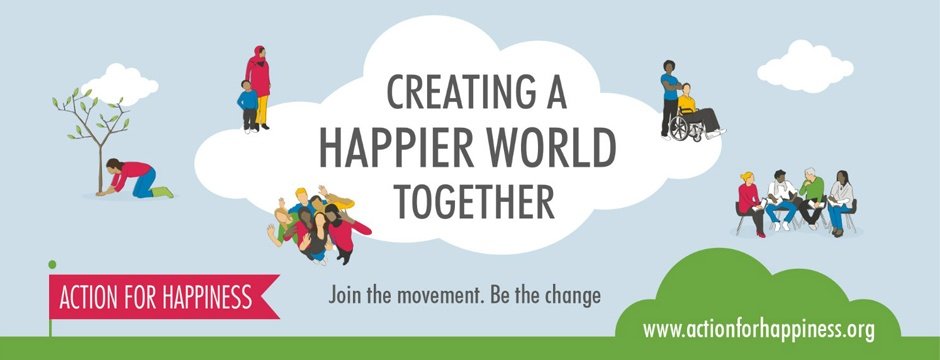UK gives green light to overseas trips

Travel operators have reported a big rise in bookings and inquiries about international holidays as UK holidaymakers rush to book Mediterranean breaks after the government gave the green light to overseas trips from early next month.
TravelSupermarket, the holiday price comparison site, said this weekend had been the busiest for searches since the lockdown was imposed in March. Price comparison searches for holidays were up 100% and “click outs” and bookings were up 50% compared with last weekend, it said.
Tui, Britain’s biggest tour operator, and Hays Travel, which bought out the majority of Thomas Cook’s high street travel agencies last year, said bookings were up by at least 50%. Other operators, including online travel agency On the Beach and Dnata travel group, which owns brands including Travelbag and Travel Republic, also reported a big pick-up in inquiries.
Destinations in Spain, Greece, France and Italy were at the top of holidaymakers’ lists after the government said it expected to announce so-called “air bridge” arrangement with those countries, cancelling the need for 14 days of quarantine.
The list of safe countries drawn up by the government’s Joint Biosecurity Centre and Public Health England will rank countries as green, amber and red based on the risk from Covid-19. People will be able to travel freely to both green and amber countries.
Further details of the list will be given to Parliament on Monday and the full details will be revealed on Wednesday, when the current Foreign Office travel warning against all but essential international travel will be lifted from 6 July for countries deemed safe.
Irene Hays, the co-owner of Hays Travel, said inquiries had reignited over the last 10 days, but bookings jumped 52% on Saturday compared with Friday after the outline of the government’s plan emerged. “Its absolutely terrific,” she said. “The announcement hasn’t been made yet and the Foreign Office is advising against all but essential travel, so there is still hesitancy, but there is a burst of demand.”
Hays said that travellers were also looking at booking holidays outside Europe for late 2020, with New York, Iceland and Bali top of the list.
“This decision will save jobs and businesses. It’s been an incredibly hard time for the travel industry,” she said. Hays Travel has already brought most of its 3,000 staff back from furlough to deal with customer queries and expects to begin advertising for new staff this week. It will launch 700 apprenticeships in the autumn.
Andrew Flintham, managing director of Tui UK and Ireland, said bookings had increased by 50% week on week, with holidays to Spain and Greece looking the most popular this summer. “We know there were a lot of people hoping to travel and waiting for certainty that would be possible,” he said. “It’s a hugely positive step forward for the travel industry and I know our customers will be ecstatic that their summer is saved.”
Tui will restart its operations in the UK on 11 July, with the first flights departing from London-Gatwick to Ibiza and Birmingham to Palma. It will operate 44 flights a week to eight destinations between 11 and 24 July and will increase to 19 destinations from 25 July, ramping up its short and mid-haul flying from August. However, Tui has cancelled all Florida holidays for at least the next five months after a surge in coronavirus cases in the US state.
Simon Cooper, chief executive of On the Beach, said it had seen a “significant increase” in last-minute searches and bookings for countries expected to be included in the air bridge scheme, albeit from a low base. “We look forward to the government announcing further details next week,” he said.
The announcement has long been awaited by airlines and travel operators who have been struggling to stay afloat. Virgin Atlantic is battling to line up a financial bailout this week, while thousands of jobs have been cut at British Airways, Ryanair, easyJet and Aer Lingus.
Source: The Guardian – www.theguardian.com

















